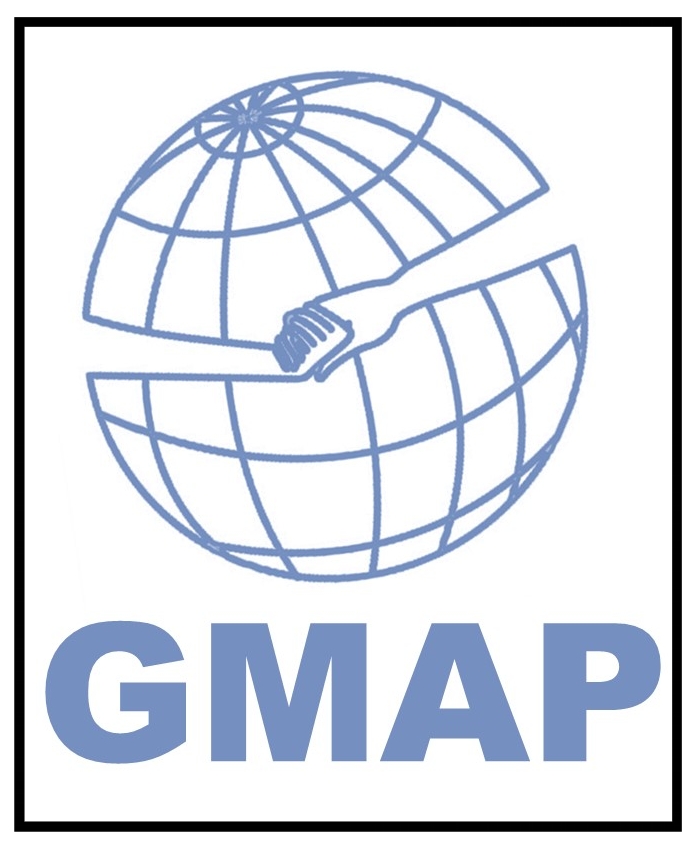Peer-Delivered Behavioral Intervention to Improve Adherence to MAT Among Low-Income Individuals with Opioid Use Disorder
The opioid use disorder (OUD) crisis is an epidemic of poor access to care, including lack of access to evidence-based behavioral interventions alongside medication for OUD. This project aims to evaluate how peer recovery coaches, trained individuals with their own lived experience with OUD, can improve retention in care for underserved, minority individuals with OUD. In this two-phase, five-year project as part of the NIH HEAL Initiative, we will evaluate the effectiveness and implementation of a peer-delivered behavioral activation intervention delivered at the University of Maryland Drug Treatment Center, in close collaboration with UMB Psychiatry.
Location: Baltimore, MD; Funding: NIH HEAL Initiative (R61AT010799, R33DA057747B; PI: Magidson). Opportunities for staff and students to be involved in study coordination, data collection, qualitative analyses, and secondary data analysis.
Publication of results:

